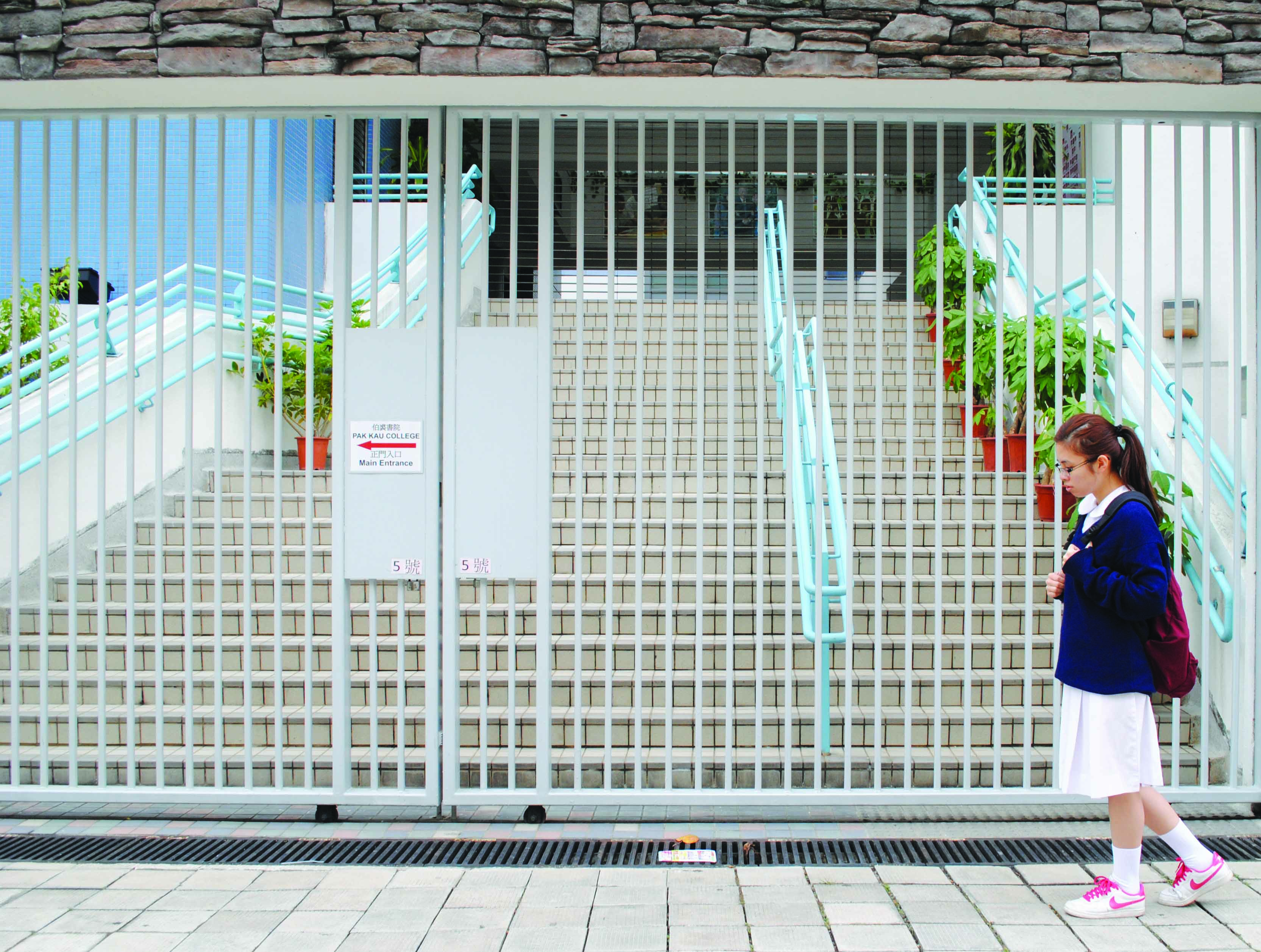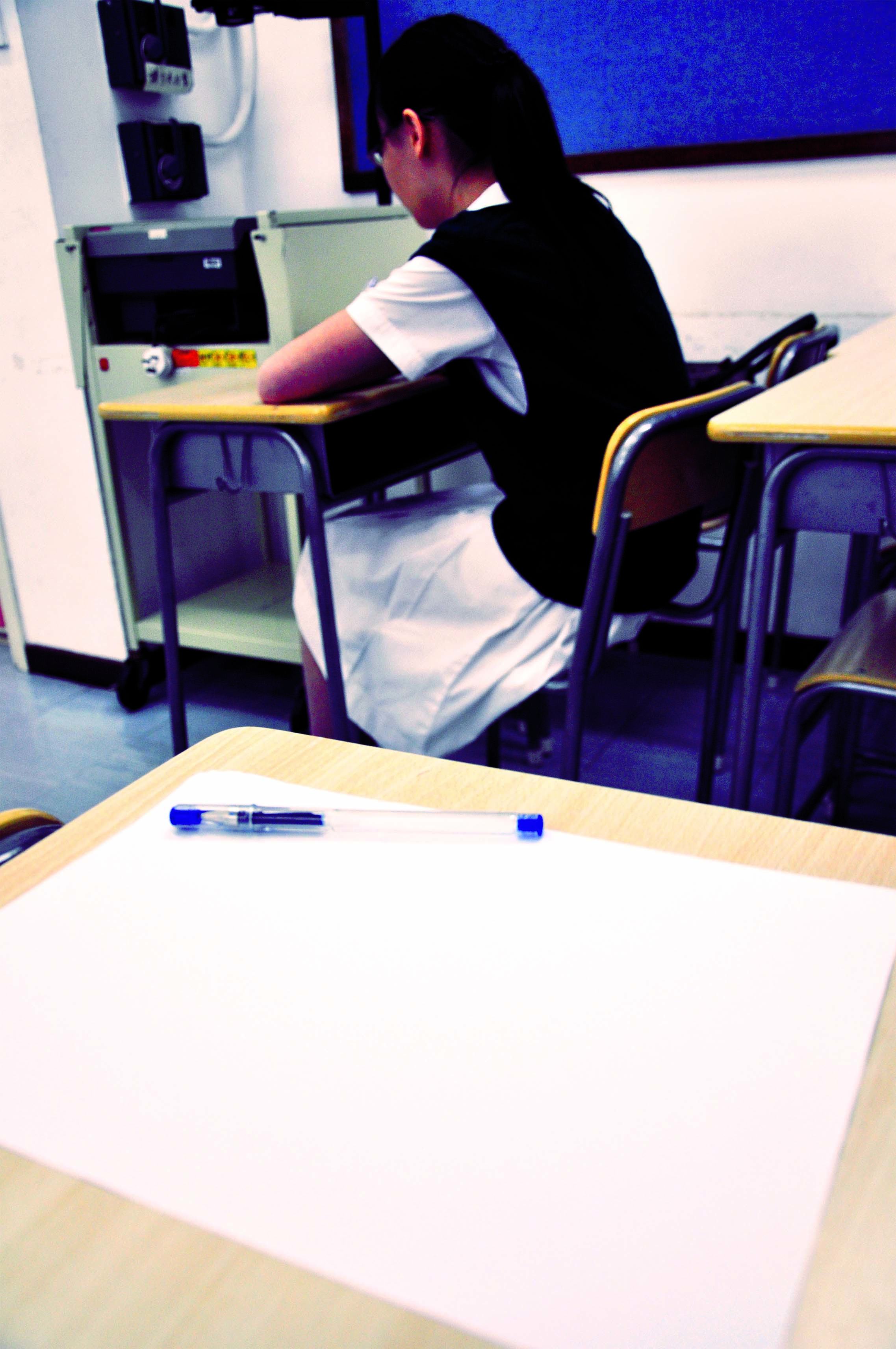Dennis Shek, a teacher in a DSS school in Kowloon says parents of children at DSS schools can afford to pay higher tuition fees. Their better socio-economic background means there is greater parent participation at DSS schools. “They have certain knowledge and actively collaborate with the school. Sometimes they question whether teachers’ actions are the best way of doing things or not,” he says.
Shek cites an example of over-protective parents. “A student was absent from an exam and according to the rules, he should have scored zero marks. However, the parent requested that the school give her son marks, ignoring the rules. It is actually instilling wrong values in the students.”
Shek suggests that when parents make unreasonable demands or oppose teachers’ actions or ideas, teachers should try to explain how those actions and ideas can benefit students. Often this means staff at the school need to show a united front.“Parents want to get what they want but when they see the school hierarchy, including teachers and senior heads hold the same view, they can usually be persuaded (to come around).”
Parents and students at DSS schools may also have higher expectations, given that they have probably undergone a long selection process before entering a DSS school. “When the school fails to live up to their expectation, the parents voice their opinion,” Shek says.
Handling complaints or listening to the opinions of parents can take up much of teachers’ or even a principal’s time. Shek says it takes between 30 minutes and an hour to listen to parents’ complaints and to explain the school’s position to them. “As parents don’t have much time to spend on their children, they will find the most effective way to solve problems. That is to approach the principal,” Shek says.
In recent years, the term “monster parents”, which originated in Japan, has been used to describe aggressively over-protective parents who constantly find fault with teachers and schools. But Monica Yau Ng Lai-tuen, professional consultant in the Department of Social Work of the Chinese University of Hong Kong (CUHK), believes the caricature is unfair to parents.
“We should step into their shoes to understand their thinking,” says Yau. “They worry about their children and hope they can prepare them for future challenges.”
While parents may want their children to become more independent, the culture encouraging parent, rather than student participation prevails.
Yau says parents are encouraged to give opinions and help solve their children’s problems from kindergarten onwards and even at secondary school. She believes that schools should tell parents, clearly, even before their children enter the school, that children need to learn how to solve problems themselves. “Inappropriate parent participation could end up as interference,” she says.
Dwight Tse Cheuk-kit, who graduated from St. Paul Co-Educational College, says his school would not deliberately please parents and students. The university freshman says parent participation may not be the best way to handle students’ problems. “After all, the information the parents get just comes second-hand,” he says.
“For instance, when a student is dissatisfied with some arrangements, the parent only gets information from their child before taking the issue to the teachers. This is indirect,”
He suggests that the student, being the one directly affected, should be responsible for and capable of handling problems themselves.
In a sector that is seen as increasingly adopting the practices and principles of the market, one former principal of a DSS school says parents are not and should not be treated as customers. Samuel Li Lok-shing, the former head of ECF Saint Too Canaan College, describes the relationship between parents and schools as a partnership.








































